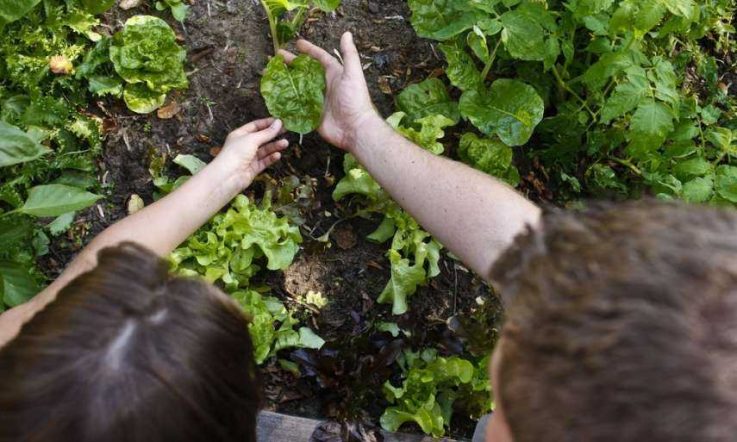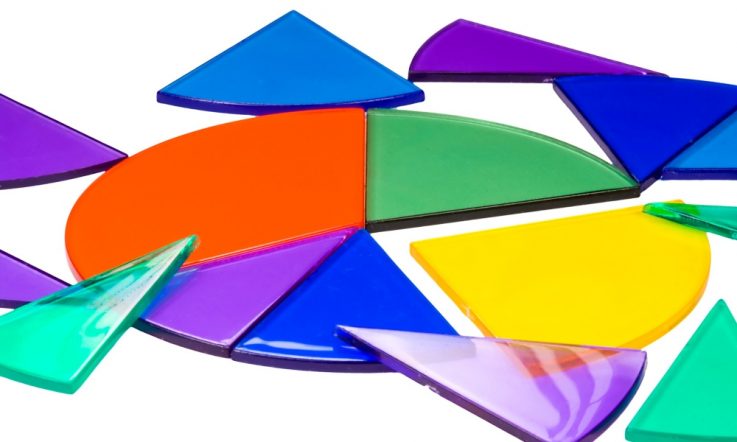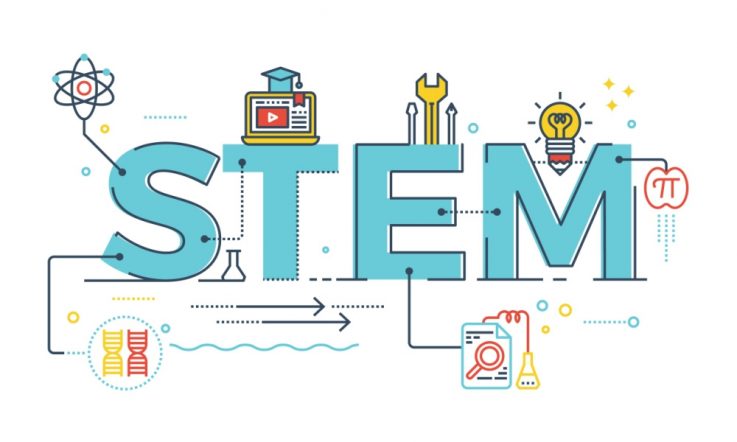Linking pre-service and classroom practitioners with experts in the real world is seen as one way to boost the confidence, and competence, of Australian maths and science teachers.
This is one of the key strategies of the three-year ReMSTEP (Reconceptualising Mathematics and Science Teacher Education Programs) project. Its final annual conference held earlier this month featured presentations and workshops on what's happened since 2014 and where to from here.
ReMSTEP brings together four Victorian universities: the University of Melbourne, Deakin University, La Trobe University and Monash University. One outcome of the partnerships between the universities, schools and research facilities has been the creation of resources on contemporary mathematics and science for use in the classroom.
For example, Master of Teaching students at Deakin have worked with a stem cell scientist and academic to produce teaching sequences for VCE (Victorian Certificate of Education) Biology including reading materials, activities and assessment rubrics.
Delegates also heard about a collaboration between the Maths Learning Centre and Science Education Research Group at Monash aimed at boosting the content knowledge and skills of pre-service teachers, in-service teachers and those teaching the subject out-of-field.
In this case, the resulting video resources on the theme of knots, fractals and parabolas are aimed at getting teachers to think about contemporary mathematics and the work of mathematicians, then make links to the curriculum.
Conference delegates got a chance to try out one of the activities – experimenting with a Möbius strip – under the guidance of self-confessed ‘mathematics geek' Dr Norm Do, who features in the videos with Dr Rebecca Cooper and whose research areas include knot theory. He said maths is very much an ‘alive subject', with millions of pages of new mathematics produced each year.
Each of the three topic videos includes a list of pre-viewing questions, activities and various points to ‘stop and think'. Cooper says the resources have been trialled with in-service and pre-service teachers. She adds when she started working with Do, they deliberately selected topics that weren't specifically highlighted in the curriculum or assigned to a particular year group to allow teachers more of a ‘sense of creativity' and get them to think of mathematics more broadly – and in turn encourage students to think creatively.
Other ReMSTEP activities this year include connecting educators with four scientists at the Institute for Frontier Materials – interviewing them about their research into modern materials such as carbon fibre and its application in the automotive industry. Those videos are now being trialled in schools as stimulus materials for investigations in the classroom.
As a school leader, how are you supporting staff asked to teach a subject they haven’t specialised in?
How can your school, or faculty area, develop partnerships with experts in the real world?



